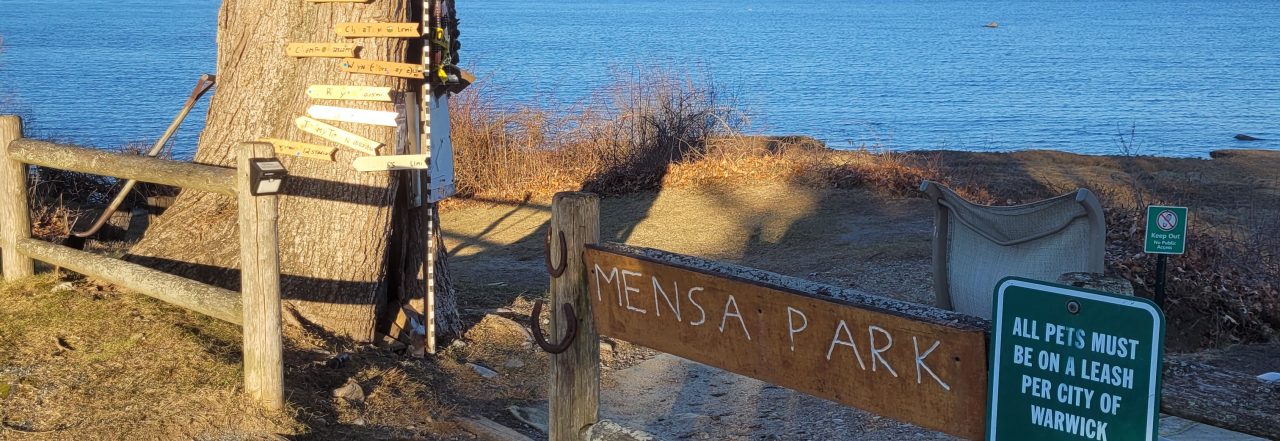When the things that occupy most of our thoughts concerning our world are mysterious entities with no definitive source or solution anxiety results. The most pressing topics of our times, Covid 19, Climate Change, The Ukraine Invasion and Free and Fair Elections create division, not because they themselves are divisive; rather these topics are not defined by anybody with enough authority or credibility to be taken seriously.
We are lacking the One Voice that can be trusted. The governments that represent the people are corrupt, the media that informs the people biased, the providers of Healthcare are beholden to powerful insurance and pharmaceutical entities and the people themselves divided into separate categories that blindly vote for their side while ignoring the other.
The common denominator keeping us in chaos is the absence of reliable, definitive information. Journalists are activists, politicians pundits, doctors tools of drug companies and our friends and families victims of their bias of choice. Whatever thoughts and opinions we develop are easily confirmed by experts whose expertise is for sale.
Without honest, reliable data what our minds produce is a reality enabled by whichever source we choose. Left leaning, right leaning, centrist, progressive, conservative, libertarian, Democrat or Republican, none of it means a thing when the official message from these platforms is based on whatever suits their respective agenda.
Who will break through the nonsense and convenient truth? Will it be whoever manages to lie their way into the candidacy for President? Will it be a captain of industry whose power is derived from the success of their brand? Will it be activists with their agenda the only focus or lobbyists paid to promote their employers needs?
Until We the People band together and demand the truth concerning the origin of Covid 19, the lead up to the Emergency Use Authorization that allowed covid shots freedom from liability and a monopoly on controlling the epidemic, exactly why we are funding an endless border war in Ukraine, who is actually eligible to vote and how those votes are counted and if the earth is actually doomed, and if so do the governments of the world have the authority to cripple the populace to slow it down we are doomed to live in a state of never ending turmoil.
By creating mistrust through deception and lies of omission the powerful have succeeded in controlling the powerless. We do not thrive in the dark. Demanding somebody turn on the lights will not illuminate a thing. It is far past time we figure out how to do it ourselves. Every one of us has inside of us a spark that is being ignored. We need to find it, and let if free.
The power of millions of sparks is immeasurable, and not knowing where that energy will lead is a mystery worthy of embracing.








